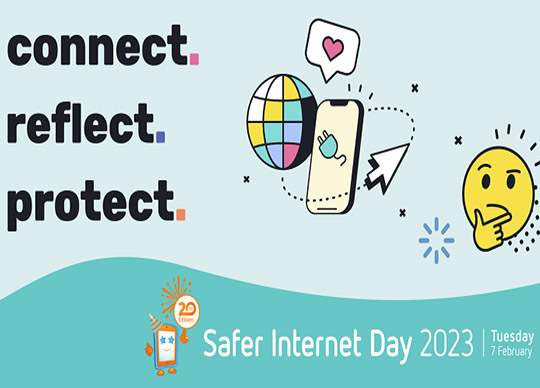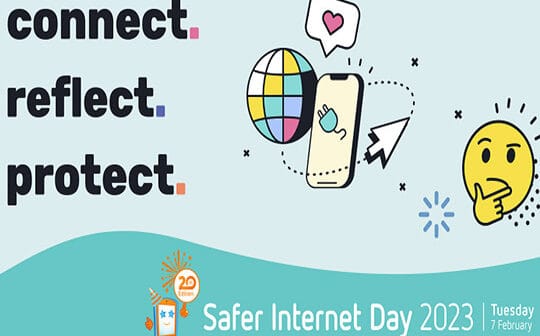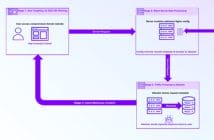
New search trends insights show Australians are more concerned about cyber security than ever before with Australia ranking in the top 3 countries in the world searching for ‘data breach’.
The new data, released on Safer Internet Day, covers searches across the country in 2022 and shows record interest in the topic, with 150% increases in queries for ‘data breach’ and ‘privacy settings’ compared to last year.
Interest in ‘cyber attack’, ‘SMS phishing’ and ‘password manager’ increased by 70%, while ‘password strength’ was up by 50%. Australia also ranked in the top 10 countries in the world searching for ‘trojan horse’, ‘identity theft’, ‘spoofing attack’, ‘cyber attack’ and ‘internet safety’.
Samantha Yorke, Google Australia’s senior manager of Public Policy says the trends data shows Australians are concerned particularly in relation to phishing attacks and password hacks.
“The results show that there are a lot of people looking for answers on how to protect themselves. Perhaps they experienced an attack themselves or saw it on the news and it can be worrying and confusing in finding the best way to guard yourself,” Ms Yorke said.
“To better protect yourself online, I’d recommend these three simple steps which go a long way to protecting your account, emails and personal information.”
Top three tips to protect yourself online:
- “Use a password manager: A password manager not only helps you remember your many passwords, but also securely stores and saves them. This is often free, and is simple and effective in protecting your accounts. Google Password Manager is one option and helps you create unique passwords that are hard to crack.
- “Turn on 2-step verification: Cyber attacks happen with just one click. But enrolling 2-step verification gives your email and accounts an added layer of security when you sign in and protects against it being compromised.
- “Be alert for phishing scams: Hackers use phishing emails to steal personal information so it’s important to be able to spot suspicious emails, texts or phone calls from sources pretending to be from your bank, stores you frequent, or a friend. It’s always best to avoid directly clicking on a link, instead, go directly to the site yourself and type in the URL. Globally, we protect Gmail users from nearly 15 billion unwanted messages a day, blocking more than 99.9% of spam, phishing and malware
“These are simple and easy steps that can play a large role in protecting yourself online. We’ve provided more tips and information at our Safety Centre and you can take a Security Checkup to get more personalised security recommendations, including setting up 2-step verification,” Ms Yorke said.





